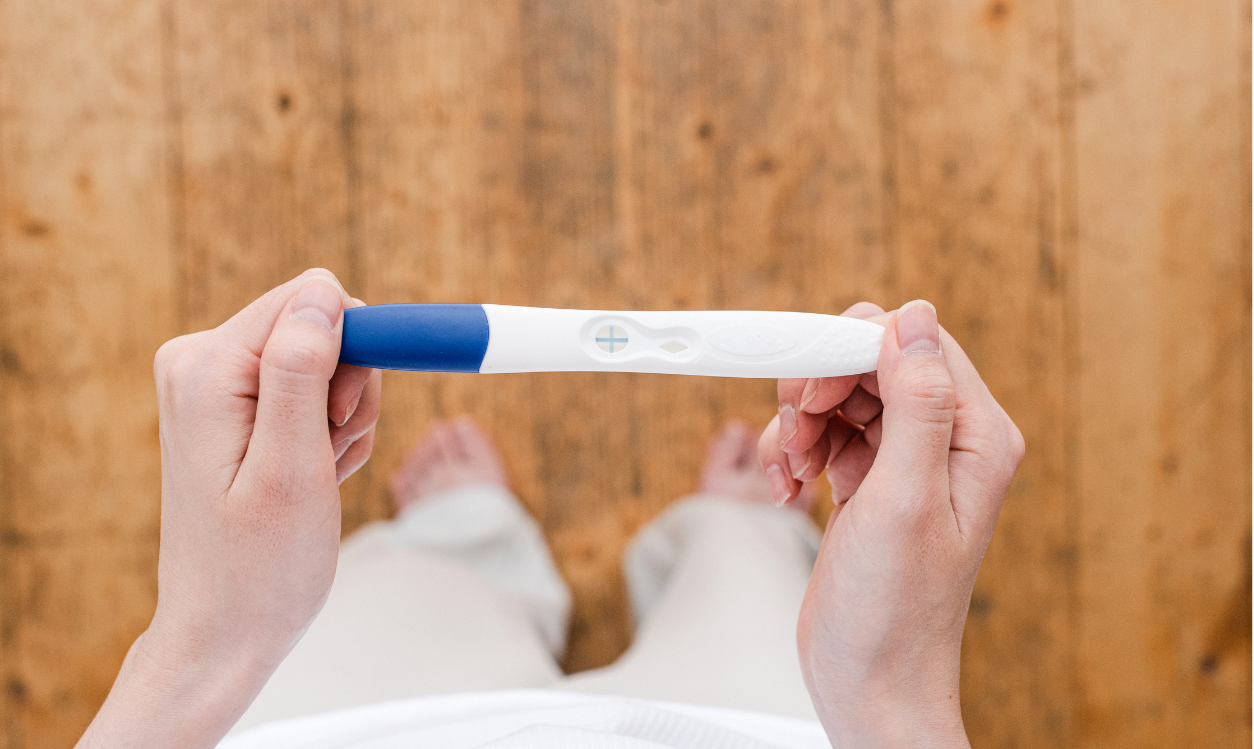Pregnancy happens when a fertilised egg grows and develops into a baby inside the uterus. It usually lasts around 9 months (40 weeks) and is divided into three stages called trimesters. Pregnancy can be planned or unplanned, and it’s important to understand the signs, choices, and support available if you think you might be pregnant.
Some common early signs of pregnancy include:
-
Missed period: A missed or late period is one of the most obvious signs.
-
Feeling sick: You might experience nausea or vomiting, often called morning sickness, though it can happen at any time of day.
-
Tiredness: Feeling more tired than usual can be an early symptom of pregnancy.
-
Breast changes: Your breasts might feel tender, sore, or swollen.
-
Needing to pee more often: Many people find they need to go to the toilet more frequently during pregnancy.
If you think you might be pregnant, the best way to find out is by taking a pregnancy test. You can buy them from most pharmacies, or you can get a free test from your GP, school nurse, or sexual health clinic. You can read more about being pregnancy as a teenager on the NHS website. Teenage pregnancy support – NHS.
If your pregnancy is unplanned, it can feel confusing or overwhelming, but there are different options available, and support is always available. You can talk to someone you trust, like a parent, teacher, or faith leader, or seek advice from a healthcare professional.
Here are some options if you’re unsure what to do:
-
Continue with the pregnancy: You may choose to continue the pregnancy and become a parent. Your GP or midwife can help you understand what this involves and what support is available.
-
Adoption: Some people choose to carry the pregnancy to full term and then place the baby for adoption.
-
Termination (abortion): This is when the pregnancy is ended by a medical procedure. It’s important to get advice and support if you’re considering this option, but remember that it's ultimately your body and your choice.
Whatever choice you make, it’s important to take your time, gather information, and talk to a healthcare professional.
If your pregnancy is a result of sexual abuse, it’s important to know that there are safe spaces where you can get help and support. Sexual abuse is when someone forces or pressures you into sexual activity without your consent. You do not have to go through this alone.
-
Talk to a trusted adult: They can help you find the right support, whether that’s counselling, medical advice, or legal help.
-
Call Childline: You can talk to someone confidentially at 0800 1111. The Childline website has more information and other ways to reach out. Home – Childline.
-
Visit Rape Crisis South London: Rape Crisis South London offer services to support women and girls who have experienced rape and/or child sexual abuse. Home – Rape Crisis South London.
